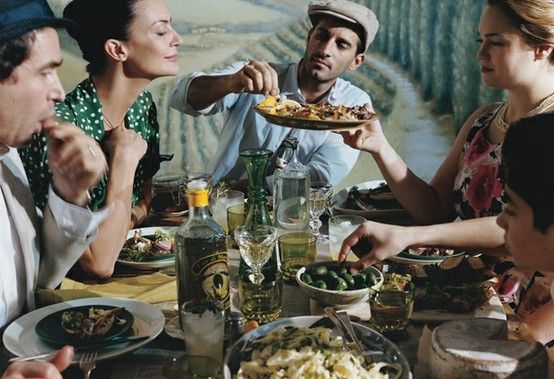Shared Plates, Shared Memories: The Tapas Tradition
The rich history and cultural significance of tapas, brings us back to the beloved age old Spanish tradition of sharing small plates.
Yet, tucked away in the leafy green suburb of Auckland Park, rests a hidden gem gleaming with history and flavor – a quaint boutique hotel named "The View" adorned with aged wooden beams and a warmth that could only come from a place rich with stories.
It was here, with that very first bite of patatas bravas and the chorus of vibrant conversation, that I truly grasped the essence of shared plates and the memories they foster.
I watched the waiter navigate the gardens with grace and a tray full of small plates that seemed to invite all my colleagues to become best of friends.
It was a symphony of flavors and laughter, where the simple act of sharing food transformed into cultivating connections and creating timeless memories.
Tapas are not merely small dishes or appetizers; they are a fascinating intersection of gastronomy and social interaction, where the act of sharing small plates not only satiates the appetite but also forges bonds among those seated around the table.
Embracing the tapas tradition requires a certain mindset – one of generosity, openness, and an appreciation for diversity.
A tapas meal is inherently communal, stripping away the formality that often accompanies traditional dining.
Rather than individual plates, the table brims with a variety of dishes to be enjoyed collectively. Herein lies the beauty of this culinary practice: the array of flavors and textures that allows each participant to embark on a gustatory adventure while sharing in the communal delight and discovery of every dish.
Each shared plate is an invitation to converse, laugh, and form friendships with mouthfuls of chorizo and padron peppers.
In our modern, often segregated world, tapas offer a refreshing return to communal dining, a break from the my-plate-your-plate mentality that can be isolating.
Hosting a tapas night isn't solely about the food, it's about setting a table that welcomes everyone, arranging seats so no one is at the head, and fostering an environment where stories and dishes are exchanged freely.
The tapas tradition teaches us a valuable lesson: that food has the power to unite us.
Each small plate is more than a culinary delight; it is a thread in the fabric of our shared human experience.
In a world brimming with division, there is still a place at the table for everyone – a place where stories unfold, laughter resonates, and memories are lovingly crafted.
It reminds us that, although our stories may differ, the melodies they create are strikingly similar in the spirit of community and the mutual love for food well made and stories well told.
